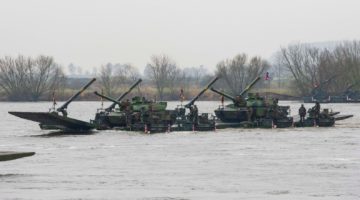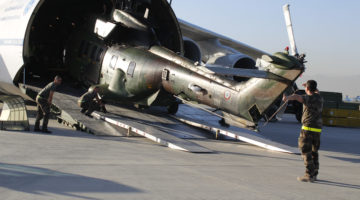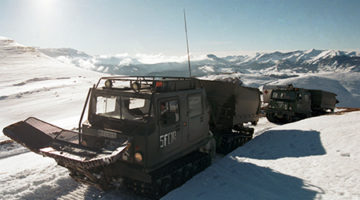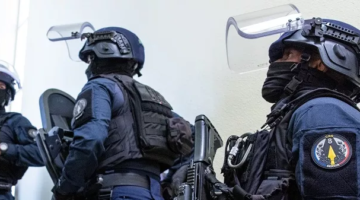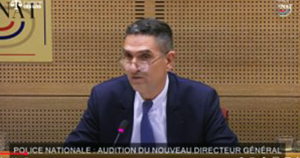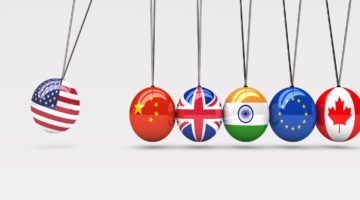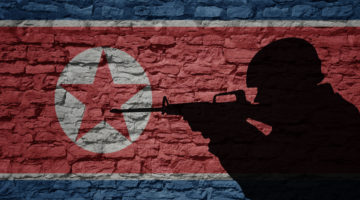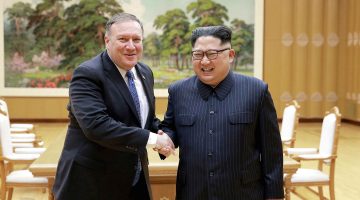(Source: The Wall Street Journal – Jeremy Page and Alastair Gale) – Behind North Korea’s Nuclear Advance: Scientists Who Bring Technology Home
How has Pyongyang advanced in weaponry despite international efforts to keep expertise out of its hands? The answer may lie in students it sends abroad
HARBIN, China—When North Korea tested what it said was a domestically produced hydrogen bomb on Sunday—a week after launching its 18th ballistic missile of the year—it was a reminder of a conundrum at the heart of the country’s nuclear program. How has it advanced so rapidly despite concerted international efforts to keep weapons-related technology out of its hands?
The answer may lie in expertise brought home by North Korean scientists who studied abroad, especially in China, sometimes in apparent violation of 2016 United Nations sanctions that ban teaching North Koreans certain subjects.
Hundreds of North Korean scientists have studied outside the country in recent years, according to a Wall Street Journal review of official figures, academic papers and data from universities, many in areas the U.N. says could help Pyongyang’s weapons programs.
Early in its six-decade quest for a nuclear arsenal, North Korea relied on technology and experts from the Soviet Union, then later from Iran and Pakistan. That it can now draw on its own scientists indicates it will only become harder to contain Pyongyang’s nuclear ambitions.
“We should be very concerned about North Korean researchers abroad, particularly in China,” said Katsuhisa Furukawa, a member from 2011-2016 of the U.N. panel of experts monitoring sanctions enforcement on North Korea.
Among those scientists is Kim Kyong Sol, who was still at China’s elite Harbin Institute of Technology more than a year after the U.N. introduced its sanctions, doing a Ph.D. in mechatronics—a blend of mechanical engineering, electronics and programming—according to university staff. In March this year, he published a paper in China co-written by a senior engineer in Beijing’s military-run space program.
After reviewing Mr. Kim’s paper at the Journal’s request, Mr. Furukawa concluded it fell into a category banned by U.N. sanctions.
Foreign-educated North Koreans’ work in multiple disciplines, said Mr. Furukawa, now an independent analyst, has “surely contributed to the accumulation of scientific know-how and information relevant to its weapons program.”
North Korea’s technological advances go beyond nuclear science. Any research or contacts abroad that could help North Korea launch objects into space is of concern to the U.S. as it tries to stop Pyongyang from perfecting ways to attack America or its allies.
Pyongyang has launched Earth-observation satellites, which can be used for reconnaissance and targeting. It has also test-fired missiles from a submarine and said it could conduct an electromagnetic-pulse attack, designed to cripple electric grids by detonating a nuclear device on a satellite. (…)
READ FULL ARTICLE >>> www.wsj.com
Photo © Harbin Institute of Technology during celebration of the First China Aerospace Day in April 2016, Tao Zhang, Nurphoto, Zuma Press, as published in ibid

